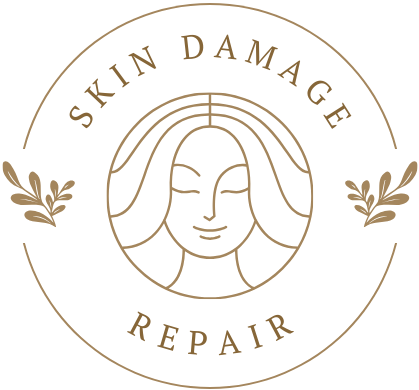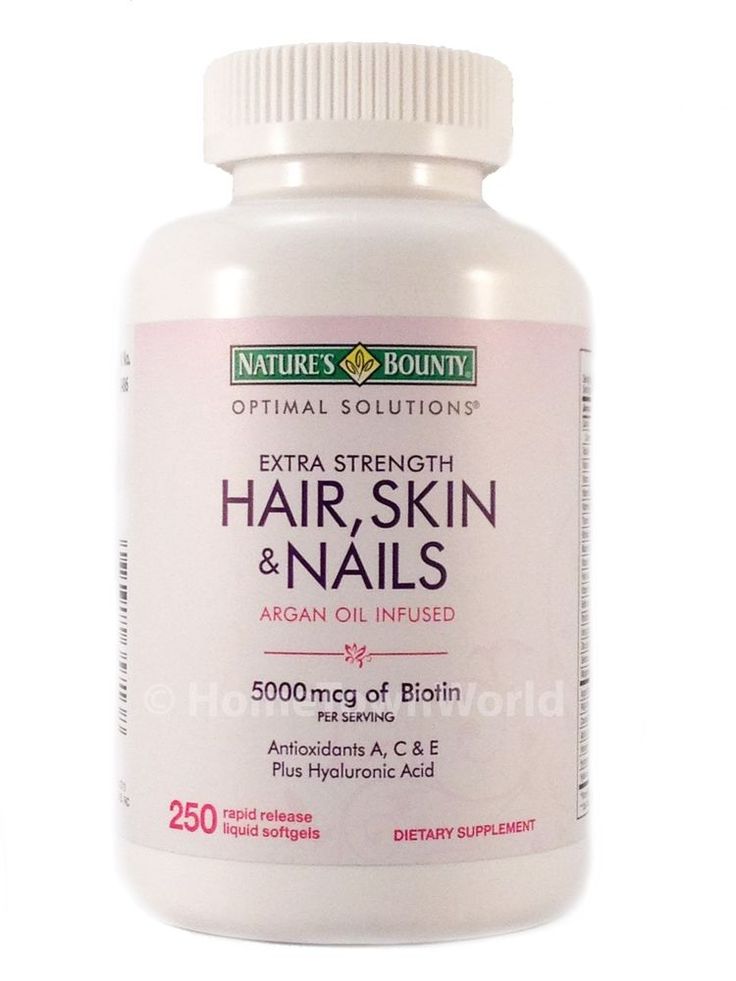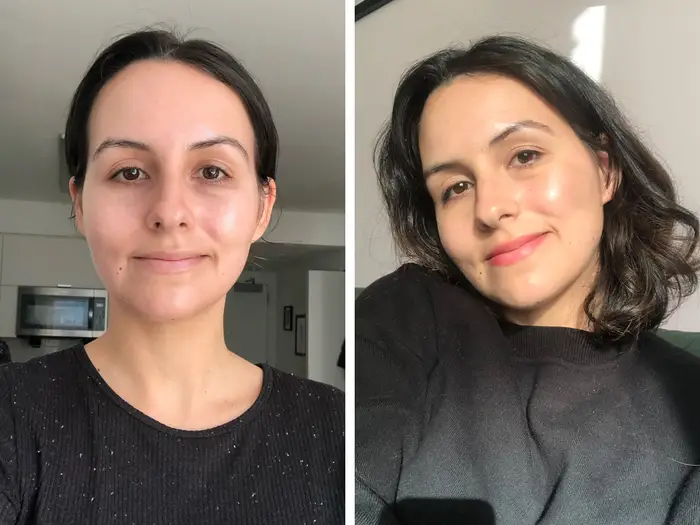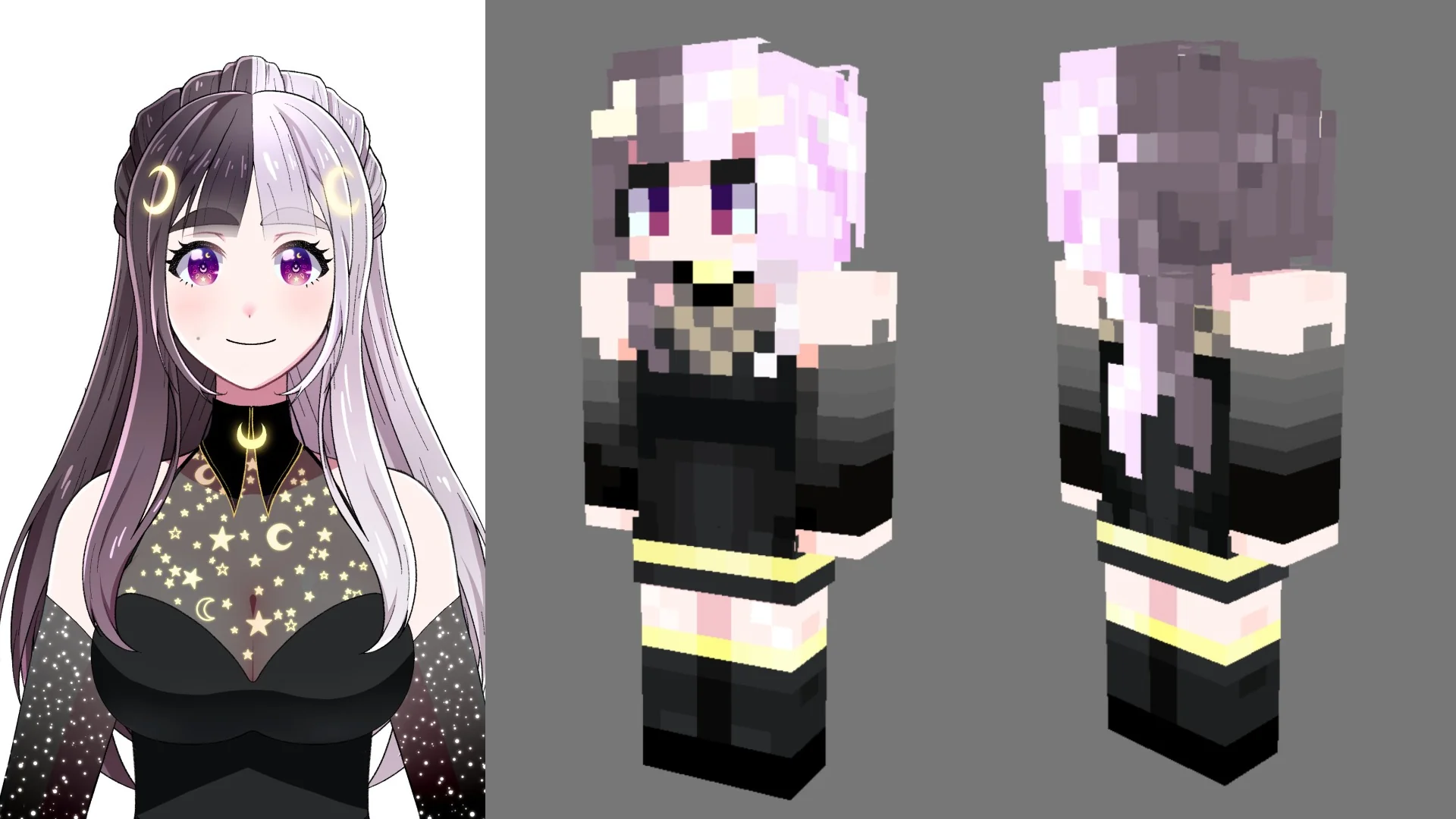Our hair, skin, and nails are not just cosmetic features, but they play vital roles in our overall health and well-being. Healthy hair can boost our confidence and self-esteem, while strong nails protect our fingertips from injury. Our skin, the largest organ in the body, acts as a barrier against harmful environmental factors and regulates body temperature.
Maintaining the health of our hair skin and nails vitamins is crucial, and one way to achieve this is through proper nutrition, particularly by ensuring we get the right vitamins. While a balanced diet is essential for overall well-being, certain vitamins deserve special attention when it comes to these specific areas. Let’s explore the key vitamins and their functions.
Vitamin A
Vitamin A is a powerful antioxidant that promotes the production of sebum, the natural oil that conditions the scalp and hair. It also aids in the growth of new hair follicles and strengthens existing ones, leading to healthier, thicker hair. Additionally, vitamin A supports cell renewal, which is vital for maintaining smooth, glowing skin and preventing premature aging.
Vitamin B Complex
The B-vitamin family is essential for hair growth and strength. Biotin (vitamin B7) is particularly renowned for its role in hair health. It helps prevent hair loss, brittleness, and dryness by strengthening the hair shaft and promoting keratin production, the primary protein in hair and nails. Other B vitamins, such as B6 and B12, contribute to the overall health of hair follicles and support the body’s metabolic processes, which are crucial for hair growth.
Vitamin C
Vitamin C is a potent antioxidant that protects the body from free radical damage, which can lead to premature aging and hair loss. It also plays a vital role in collagen production, a structural protein that gives strength and elasticity to the skin, hair, and nails. Additionally, vitamin C aids in the absorption of iron, which is essential for healthy hair growth and prevention of hair loss.
Vitamin D
Vitamin D is often overlooked when it comes to hair, skin, and nail health, but it plays a significant role. It helps regulate the hair growth cycle and promotes the creation of new hair follicles. Vitamin D also contributes to skin cell renewal and can help reduce the risk of skin conditions like psoriasis and acne. Furthermore, it supports the body’s calcium absorption, which is crucial for strong, healthy nails.
Vitamin E
Vitamin E is a powerful antioxidant that protects the body’s cells from oxidative stress, which can lead to hair loss, skin damage, and brittle nails. It also helps improve blood circulation, ensuring that the hair follicles receive adequate nutrients for healthy growth. Additionally, vitamin E has moisturizing properties that can help keep the skin hydrated and supple, while also promoting nail strength and flexibility.
Achieving radiant skin, luscious hair, and strong nails often starts from the inside out. Certain vitamins play crucial roles in supporting these vital aspects of our appearance and overall well-being. Among the most important vitamins for skin, hair, and nail health are Vitamins C, E, and B3 (niacin).
Vitamin C
Vitamin C is a powerful antioxidant that helps protect the skin from oxidative stress caused by free radicals, which can lead to premature aging, dullness, and wrinkles. It is also essential for the production of collagen, the protein that gives skin its elasticity and firmness. By boosting collagen synthesis, Vitamin C can help reduce the appearance of fine lines and wrinkles, improving the overall texture and tone of the skin.
Moreover, Vitamin C plays a role in the absorption and utilization of iron, which is crucial for healthy hair growth and preventing hair loss. It also supports the immune system, which can indirectly benefit the skin by reducing inflammation and promoting a healthy complexion.
Vitamin E
Vitamin E is another potent antioxidant that works in synergy with Vitamin C to neutralize free radicals and protect the skin from oxidative damage. It helps to moisturize the skin and prevent water loss, keeping it supple and hydrated. Additionally, Vitamin E has anti-inflammatory properties that can help soothe irritated or damaged skin.
When it comes to hair health, Vitamin E supports the scalp by improving blood circulation and providing nourishment to the hair follicles. This can promote stronger, healthier hair growth and prevent premature graying or hair loss.
Vitamin B3 (Niacin)
Vitamin B3, also known as niacin, is essential for maintaining healthy skin, hair, and nails. It helps to improve circulation, which ensures that these vital areas receive adequate nutrients and oxygen. Niacin also plays a role in the production of keratin, a structural protein that is a key component of hair, skin, and nails.
Furthermore, Vitamin B3 has been shown to have anti-inflammatory and antioxidant properties, which can help to reduce the appearance of redness, blotchiness, and other skin irritations. It may also help to regulate sebum production, making it beneficial for those with oily or acne-prone skin.
Nails are often overlooked when it comes to overall health and beauty, but they can be a telltale sign of nutritional deficiencies. Strong, healthy nails require a variety of vitamins and minerals to grow and maintain their strength. Two of the most important nutrients for nail health are biotin and iron.
Biotin
Biotin, also known as vitamin B7, is a water-soluble vitamin that plays a crucial role in the growth and maintenance of nails. It helps to strengthen the nail’s keratin protein structure, which is responsible for the nail’s hardness and flexibility. Biotin deficiency can lead to brittle, splitting, and ridged nails, as well as hair loss.
Good sources of biotin include egg yolks, nuts, seeds, avocados, and certain vegetables like sweet potatoes and cauliflower. For those with a biotin deficiency, supplements may be recommended by a healthcare professional.
Iron
Iron is another essential nutrient for healthy nails. It helps to transport oxygen throughout the body, including to the nail matrix, where new nail cells are formed. Iron deficiency, or anemia, can cause nails to become thin, brittle, and develop ridges or spoon-shaped deformities.
Iron can be found in various animal-based foods, such as red meat, poultry, and seafood, as well as in plant-based sources like spinach, lentils, and fortified cereals. However, the iron found in plant-based sources is less bioavailable, meaning it’s not as easily absorbed by the body.
Other Vitamins and Minerals for Nail Health
While biotin and iron are crucial for nail health, other vitamins and minerals also play a role in maintaining strong, healthy nails. These include:
- Vitamin C: An antioxidant that supports collagen production, which is essential for nail growth.
- Zinc: Helps with protein synthesis and cell division, both of which are important for nail growth and repair.
- Vitamin D: Regulates calcium absorption, which is necessary for healthy nails.
- Omega-3 fatty acids: Provide anti-inflammatory benefits and support nail hydration and elasticity.
By incorporating a variety of nutrient-rich foods into your diet, you can help ensure that your nails receive the vitamins and minerals they need to stay strong, healthy, and beautiful.
Our hair, skin, and nails are often reflections of our overall health and nutritional status. Vitamin deficiencies can manifest in various ways, affecting the appearance and condition of these vital parts of our bodies. Here are some common signs of vitamin deficiencies and their impact on hair, skin, and nails:
Hair
- Excessive hair shedding or hair loss can be a sign of deficiencies in vitamins like iron, zinc, biotin, and protein.
- Dull, lifeless, and brittle hair may indicate a lack of vitamins C, B6, and B12.
- Premature graying of hair can be linked to deficiencies in vitamins B6, B12, and folic acid.
Skin
- Dry, flaky, or rough skin can be a symptom of deficiencies in vitamins A, C, and E, as well as essential fatty acids.
- Slow wound healing or frequent skin infections may indicate a lack of vitamins C, zinc, and protein.
- Acne or other skin conditions can be exacerbated by deficiencies in vitamins A, D, and zinc.
Nails
- Brittle, ridged, or peeling nails can be a sign of deficiencies in vitamins A, C, D, and biotin.
- Slow nail growth or white streaks on the nails may indicate a lack of vitamins B6, B12, and protein.
- Spoon-shaped or concave nails can be a symptom of iron deficiency anemia.
Addressing these vitamin deficiencies through a balanced diet or supplementation can help restore the health and vitality of your hair, skin, and nails. It’s essential to consult with a healthcare professional to determine the underlying causes and develop an appropriate treatment plan.
Maintaining healthy hair, skin, and nails requires a balanced diet rich in various vitamins and minerals. While supplements can provide additional support, obtaining these nutrients from whole foods is often preferable as they come with a host of other beneficial compounds. Here are some of the key dietary sources of vitamins essential for hair, skin, and nail health:
Vitamin A: This vitamin plays a crucial role in cell growth and regeneration, making it vital for healthy hair, skin, and nails. Excellent dietary sources include sweet potatoes, carrots, spinach, kale, and other leafy greens.
Vitamin C: As a powerful antioxidant, vitamin C helps protect skin cells from damage caused by free radicals and environmental stressors. It also aids in collagen production, which is essential for skin elasticity and strength. Load up on citrus fruits, bell peppers, strawberries, broccoli, and tomatoes for a vitamin C boost.
Vitamin E: This fat-soluble vitamin has antioxidant properties that can help protect skin cells from oxidative stress and premature aging. Incorporate foods like almonds, sunflower seeds, spinach, avocados, and plant-based oils into your diet.
B Vitamins: Several B vitamins, including biotin, niacin, and riboflavin, contribute to healthy hair, skin, and nails. Good sources include whole grains, eggs, nuts, seeds, legumes, and leafy greens.
Zinc: This mineral is essential for cell division and growth, making it crucial for hair, skin, and nail health. Incorporate foods like oysters, beef, chicken, pumpkin seeds, and cashews into your diet.
Iron: Iron deficiency can lead to dry, brittle hair and nails, as well as pale skin. Ensure adequate intake by consuming red meat, poultry, lentils, spinach, and fortified cereals.
Remember, a balanced and varied diet is key to providing your body with the essential vitamins and minerals it needs for optimal hair, skin, and nail health. Consult with a healthcare professional if you have specific concerns or require supplementation.
Recommended Dosages, Safety, and Efficacy of Vitamin Supplements
Determining the appropriate dosage for vitamin supplements is crucial for achieving the desired benefits while minimizing potential risks. The recommended dosages vary depending on the specific vitamin, an individual’s age, gender, and overall health status. It’s essential to consult with a healthcare professional or refer to reputable sources to ensure you’re taking the correct amount.
Water-soluble vitamins, like vitamin C and B-complex vitamins, are generally considered safer as excess amounts are typically excreted through urine.
The efficacy of vitamin supplements is a topic of ongoing research and debate. It’s important to approach vitamin supplementation with a critical eye and rely on evidence-based information from reputable sources.
It’s worth noting that a balanced and varied diet rich in whole foods is often the best way to obtain the necessary vitamins and minerals for optimal health. Supplements should be considered as an addition to, rather than a replacement for, a nutritious diet.
Factors Affecting Vitamin Absorption for Hair, Skin, and Nails
Exercise can impact vitamin absorption in several ways. During physical activity, the body’s metabolic rate increases, leading to a higher demand for vitamins and minerals.
Stress can also affect vitamin absorption. Chronic stress can also deplete the body’s vitamin and mineral reserves, further exacerbating deficiencies.
Smoking is another factor that can impair vitamin absorption. The chemicals found in cigarette smoke can interfere with the body’s ability to absorb and utilize vitamins, particularly those with antioxidant properties, such as vitamins C and E. Smoking can also increase the body’s demand for certain vitamins, leading to potential deficiencies.
Other factors that can impact vitamin absorption include age, certain medical conditions, and the use of certain medications. As we age, our ability to absorb and utilize vitamins may decrease due to changes in digestive function and other physiological processes. Certain medical conditions, such as inflammatory bowel diseases or liver or kidney disorders, can also impair vitamin absorption. Additionally, some medications, such as proton pump inhibitors or antibiotics, can interfere with the absorption of specific vitamins.
Combining Vitamins with Other Supplements or Treatments
While vitamins for hair, skin, and nails can provide many benefits on their own, combining them with other supplements or treatments can often yield even better results. Here are some strategies to consider:
Hair Treatments: Vitamins like biotin, vitamin C, and iron can complement hair treatments like minoxidil (Rogaine), low-level laser therapy, or platelet-rich plasma (PRP) injections. The vitamins support overall hair health and growth, while the treatments target specific issues like hair loss or thinning.
Skin Treatments: Vitamins A, C, and E are potent antioxidants that can enhance the effects of topical skincare products or professional treatments like chemical peels, microneedling, or laser resurfacing. The vitamins help protect the skin from environmental stressors and support the skin’s natural renewal process.
Nail Treatments: Biotin, along with vitamins like C, D, and zinc, can be combined with nail strengtheners or keratin treatments to improve nail health and prevent brittleness or splitting. The vitamins nourish the nails from the inside, while the topical treatments fortify the nail surface.
Collagen Supplements: Vitamins C and E can boost the effects of collagen supplements, as they support collagen production and protect existing collagen from breakdown. This synergistic approach can improve skin elasticity, reduce fine lines and wrinkles, and promote overall skin health.
Exercise and Diet: Incorporating vitamins into a balanced diet and regular exercise routine can amplify their benefits
Importance of Consulting Professionals
Consulting a professional ensures that you receive personalized guidance tailored to your specific requirements. Additionally, they can provide insights into the quality and reliability of different supplement brands, helping you make informed choices.
Summary of the Role of Vitamins in Hair, Skin, and Nail Health
Vitamins play a crucial role in maintaining healthy hair, skin, and nails. These essential nutrients are involved in various biological processes that support the growth, repair, and overall well-being of these structures. A well-balanced diet rich in vitamins can help promote strong, shiny hair, glowing skin, and resilient nails.
Certain vitamins, such as biotin, vitamin C, and vitamin E, are particularly important for hair health. Biotin is a B-complex vitamin that supports the production of keratin, a structural protein essential for hair growth and strength. Vitamin E also contributes to hair growth by improving blood circulation and providing antioxidant protection.
For healthy skin, vitamins A, C, and E are essential
Nails, too, benefit from various vitamins.
Final Thoughts
it’s important to note that excessive intake of certain vitamins through supplements can lead to adverse effects.




